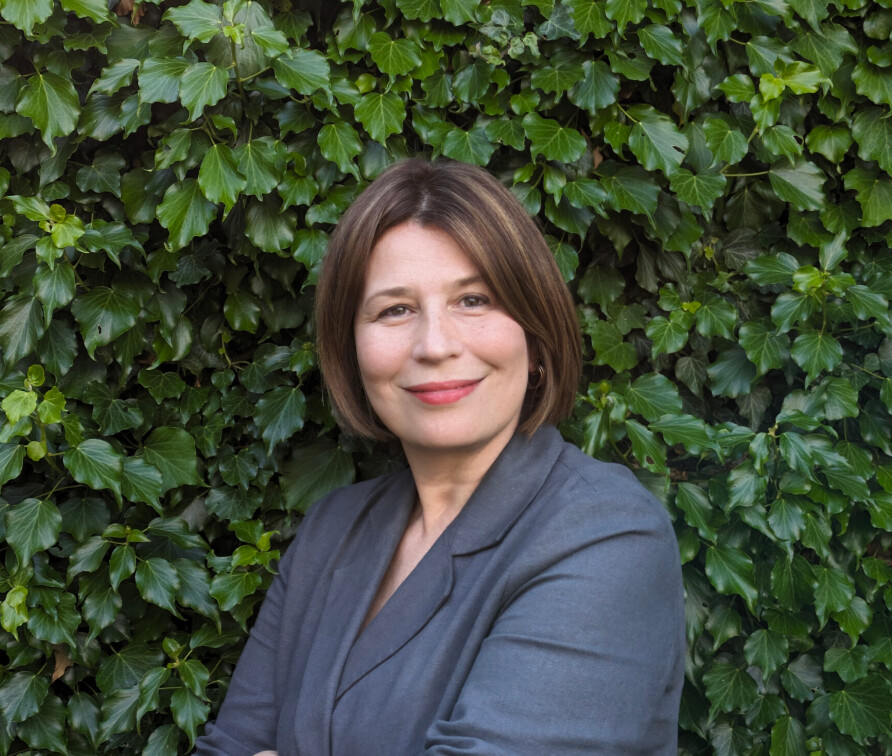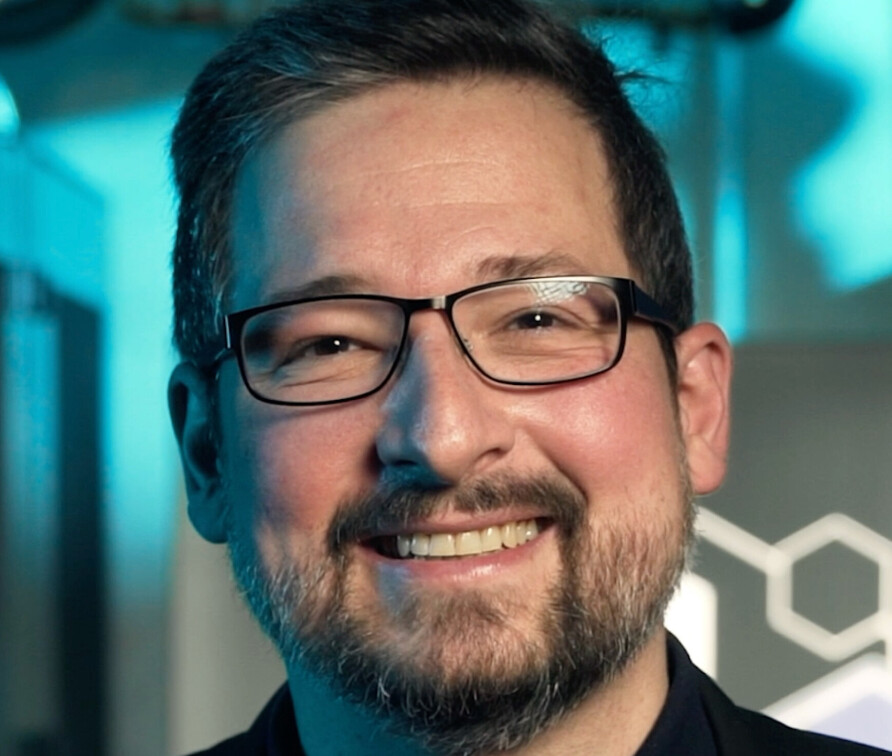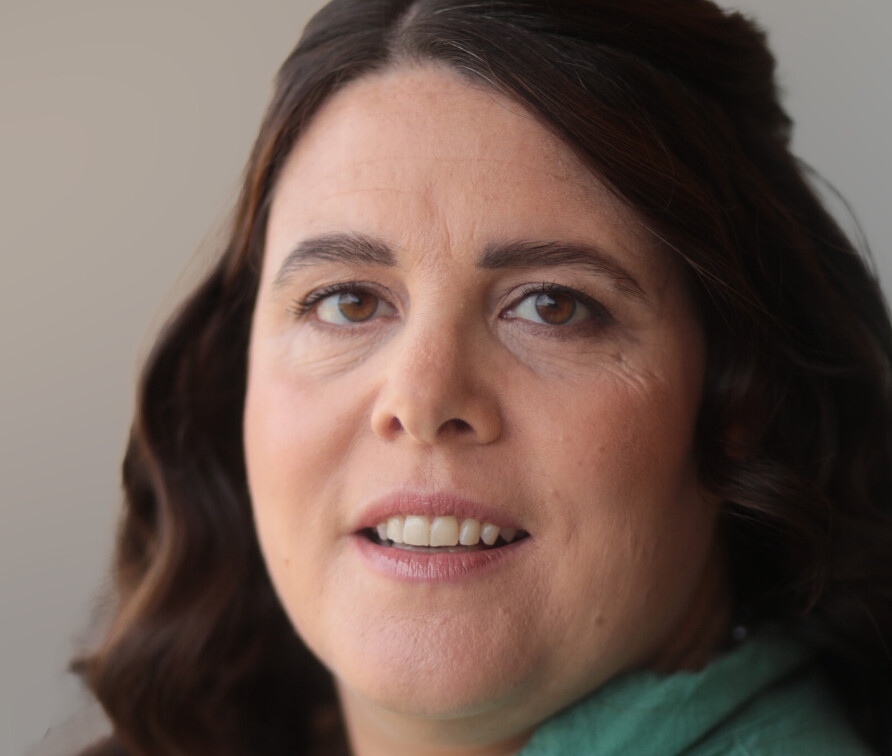
“Symmetry, as wide or as narrow as you may define its meaning, is one idea by which man through the ages has tried to comprehend and create order, beauty, and perfection.” This poetic definition comes from the great mathematician Hermann Weyl, credited with laying the foundation of our modern theory of the universe. Another great physicist, Philip Anderson, said that “it is only slightly overstating the case to say that physics is the study of symmetry.” In mathematics, symmetry was crucial in the foundation of geometry as we know it in the 19th century. Now it could have a similar impact on another emerging field. Deep Learning success in recent decades are significant – from revolutionising data science to landmark achievements in computer vision, board games and protein folding. At the same time, a lack of unifying principles makes it is difficult to understand the relations between different neural network architectures resulting in the reinvention and re-branding of the same concepts.
Michael Bronstein is Imperial’s Chair Machine Learning and Pattern Recognition whose is working to bring geometric unification to deep learning through the lens of symmetry. In his inaugural lecture he will propose a common mathematical framework to study the most successful network architectures, giving a constructive procedure to build future machine learning in a principled way that could be applied in new domains such as social science, biology, and drug design.
Biography
Michael Bronstein joined the Department of Computing as Professor in 2018. He has served as a professor at USI Lugano, Switzerland since 2010 and held visiting positions at Stanford, Harvard, MIT, TUM, and Tel Aviv University. Michael received his PhD with distinction from the Technion (Israel Institute of Technology) in 2007. His main expertise is in theoretical and computational geometric methods for machine learning and data science, and his research encompasses a broad spectrum of applications ranging from computer vision and pattern recognition to geometry processing, computer graphics, and biomedicine. Michael has authored over 200 papers, a book, and holds over 35 granted patents.
Professor Bronstein was awarded five ERC grants, two Google Faculty Research awards, two Amazon ML Research awards, Facebook Computational Social Science award, Dalle Molle prize, Royal Society Wolfson Merit award, and Royal Academy of Engineering Silver Medal. He is a PI and ML Lead in Project CETI, a TED Audacious Prize winning collaboration aimed at understanding the communication of sperm whales. During 2017-2018 he was a fellow at the Radcliffe Institute for Advanced Study at Harvard University and since 2017, he is a Rudolf Diesel fellow at TU Munich. He was invited as a Young Scientist to the World Economic Forum, an honour bestowed on forty world’s leading scientists under the age of forty. Michael is a Member of Academia Europaea, Fellow of IEEE, IAPR, ELLIS, and BCS, alumnus of the Technion Excellence Program and the Academy of Achievement, and ACM Distinguished Speaker. In addition to academic work, Michael’s industrial experience includes technological leadership in multiple startup companies, including Novafora, Videocites, Invision (acquired by Intel in 2012), and Fabula AI (acquired by Twitter in 2019). Following the acquisition of Fabula, he joined Twitter as Head of Graph Learning Research. He previously served as Principal Engineer at Intel Perceptual Computing (2012-2019) and was one of the key developers of the Intel RealSense 3D camera technology. He is also an angel investor and supporter of multiple early-stage startups.


